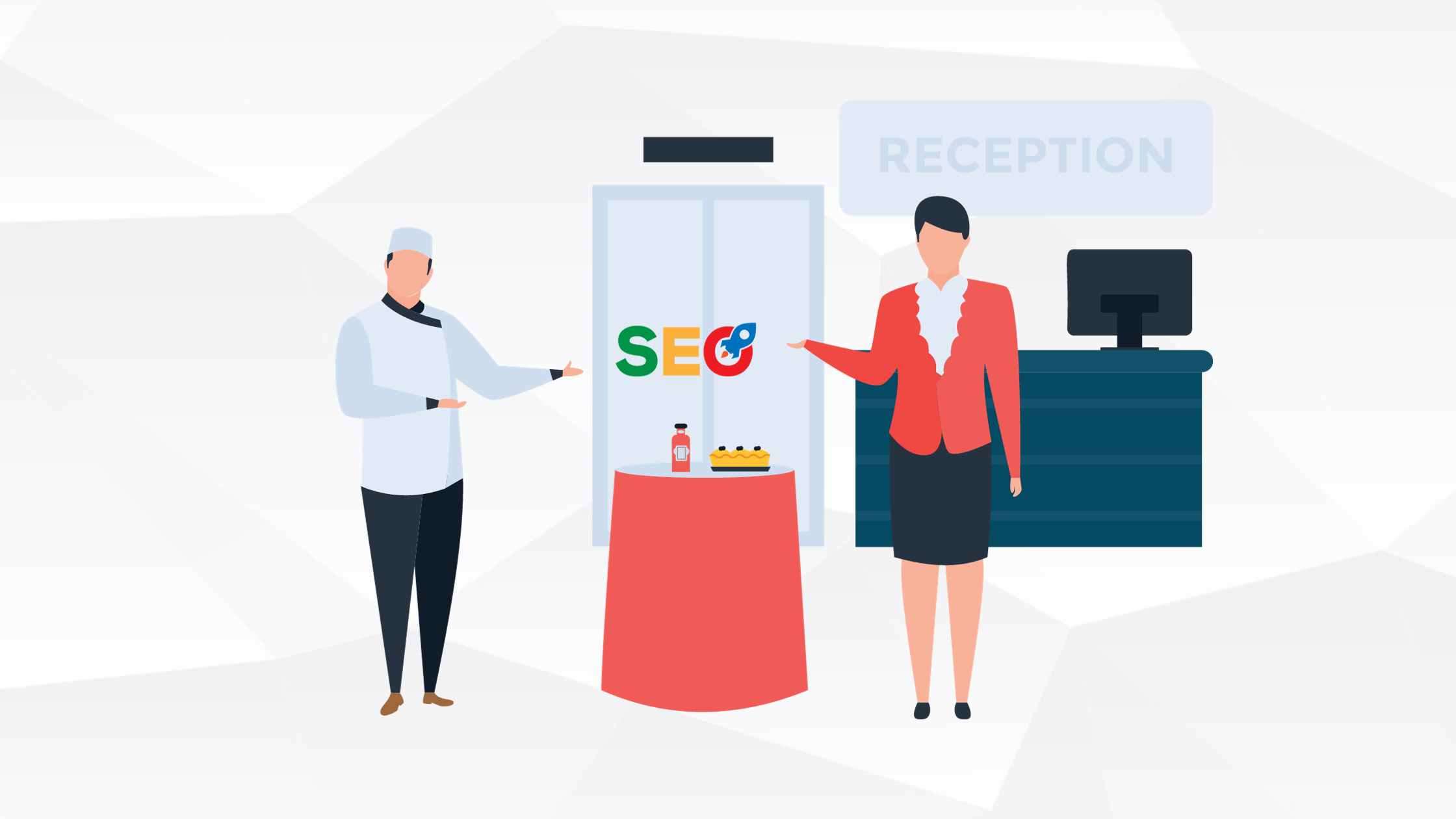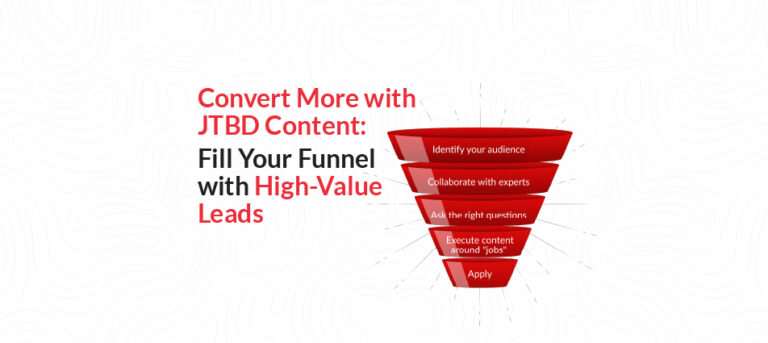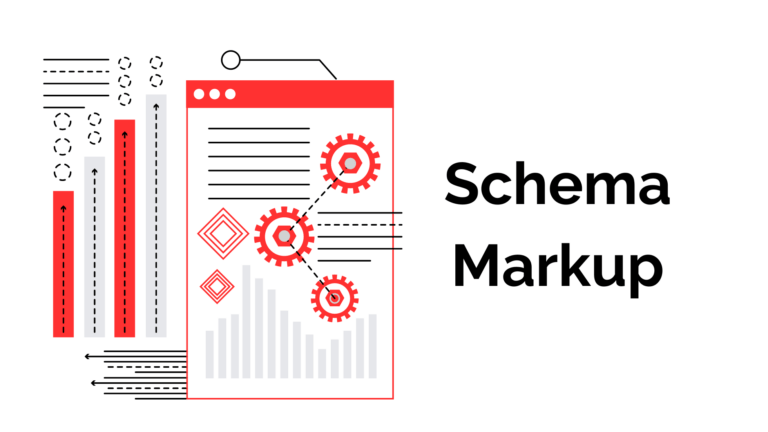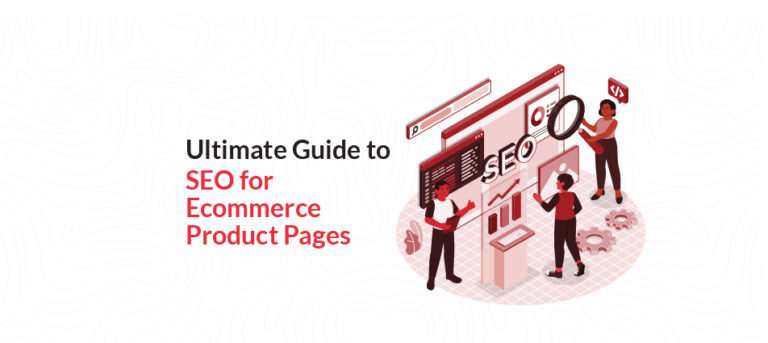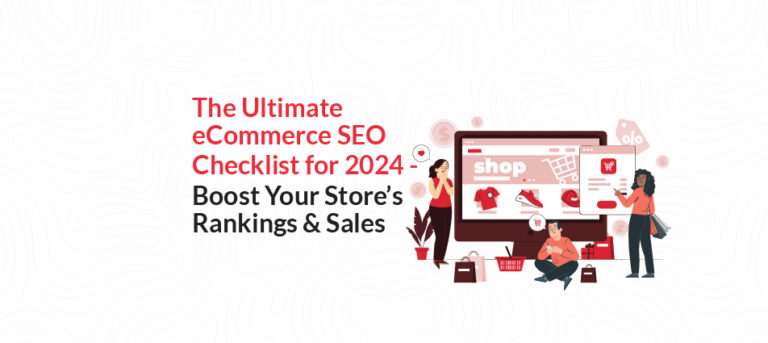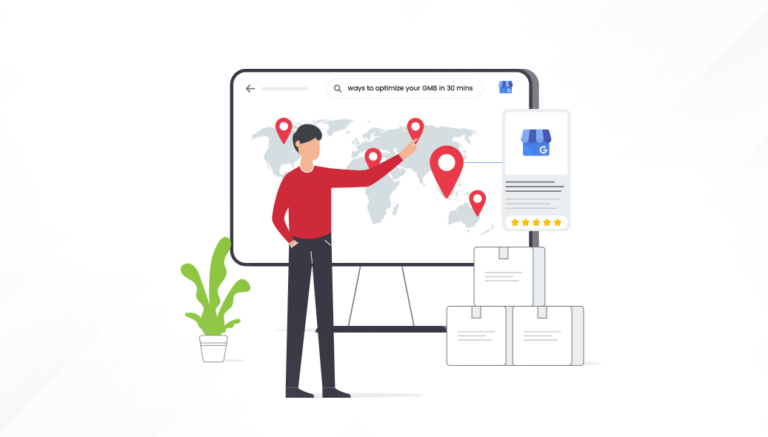The Untapped Potential of Hyperlocal SEO in the Hospitality Industry
In today’s digital age, the hospitality industry is constantly evolving, and one area that holds immense potential but is often overlooked is Hyperlocal SEO. If you’re a CXO in the hospitality sector, it’s time to sit up and take notice of this powerful strategy. This blog aims to educate you on the untapped potential of Hyperlocal SEO and how you can leverage it to boost your business.
Why Hyperlocal SEO Matters in Hospitality
Increased Footfall
Hyperlocal SEO targets customers who are in close proximity to your business. For instance, if you run a hotel or a restaurant, optimizing for hyperlocal terms like “best rooftop cafe in Udaipur” can attract tourists or locals who are in that specific area. This targeted approach can significantly increase footfall, as people are more likely to visit a place that appears in their immediate search results.
Competitive Edge
The hospitality industry is fiercely competitive. By focusing on hyperlocal SEO, you can target niche markets that larger chains often overlook. For example, if your restaurant specializes in vegan food, you could use hyperlocal terms like “vegan restaurant near [Neighborhood].” This will help you stand out in a crowded market and attract a specific clientele looking for your unique offerings.
Google’s Support
Google has been increasingly focusing on local and hyperlocal searches. When you optimize for hyperlocal terms, Google rewards you by featuring your business prominently in search results, such as the Google Maps ‘3-pack.’ This not only boosts your online visibility but also lends credibility to your business, as people often trust Google’s top recommendations.

DIY Section: Implementing Hyperlocal SEO
1. Keyword Research
Start by identifying hyperlocal keywords that are relevant to your business. Use tools like Google Keyword Planner or SEMrush to find terms that have decent search volume but low competition. Make sure these keywords are specific to the neighbourhood or landmarks near your business.
2. Local Listings
Ensure your business is listed in local directories like Yelp, TripAdvisor, and Google My Business. Keep your information consistent across all platforms, including your business name, address, phone number, and services offered. This consistency helps in improving your local SEO ranking.

3. Local Backlinks
Backlinks, or inbound links from other websites, are a crucial factor in SEO. Aim to get backlinks from local websites, such as local news outlets, blogs, or community websites. These local backlinks signal to Google that your business is relevant to the local community.
4. Customer Reviews
Encourage your satisfied customers to leave reviews on platforms like Google. Positive reviews not only improve your online reputation but also influence Google’s local search rankings. Respond to reviews, both positive and negative, to show that you value customer feedback.
5. Monitor and Tweak
Once you’ve implemented your hyperlocal SEO strategies, it’s essential to monitor their performance. Use tools like Google Analytics to track metrics like organic traffic, click-through rates, and conversion rates for your targeted keywords. If you notice that certain strategies aren’t working as expected, don’t hesitate to tweak them for better results.
Conclusion
With the surge in mobile searches for local businesses, Google is increasingly focusing on delivering results that are within walking distance for the searcher. This makes the role of hyperlocal SEO even more significant.
Moreover, as people become more accustomed to searching in hyperlocal terms, you can expect these specific keywords to gain traction.
It’s crucial to keep an eye on the performance of your hyperlocal SEO efforts. Utilize tools like Google My Business and Google Analytics to measure the success of your targeted keywords. Be ready to adapt your strategy as these terms become more competitive and as Google updates its algorithms for displaying local and hyperlocal search results.
In the ever-changing landscape of SEO and Google’s algorithms, staying agile and adaptable is hard but opositive is here to help you! Connect with us now for a free consultation!

